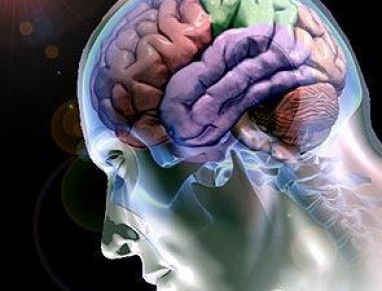Challenge: Helping consumers separate brain training wheat from brain games chaff
—
Brain-Training Companies Get Advice From Some Academics, Criticism From Others (The Chronicle of Higher Education):
“…brain-game companies entice people to buy subscriptions to their online training programs, many of which promise to increase customers’ “neuroplasticity,” “fluid intelligence,” and working memory capacity. They even claim to help stave off the effects of aging.
Leading scientists have criticized those promises, though…(just released) a statement objecting “to the claim that brain games offer consumers a scientifically grounded avenue to reduce or reverse cognitive decline.”
“Personally I think it falls in the same kind of category as medical researchers’ taking money from drug companies,” Mr. Rose said…“It’s hard to get around the fact that people don’t argue against their pocketbook” when they stand to profit if the company does well.
Adam Gazzaley, a professor of neurology, physiology, and psychiatry at the University of California at San Francisco…“In general I think academics and industry have to work together to have real innovations in people’s lives,” he said. “We have to learn how to work together in as transparent and effective a way as possible.”
Jerri D. Edwards, an associate professor at the University of South Florida’s School of Aging Studies, declined to sign the statement because she believes it conflates suspect brain games with legitimate cognitive-training research …“I agree with the fact that there are many products out there that may or may not be evidence-based,” she said. “I don’t think all the brain-training companies do that.”
Learn more:



